Indigenous Governance Database
Guides, Tools and Data
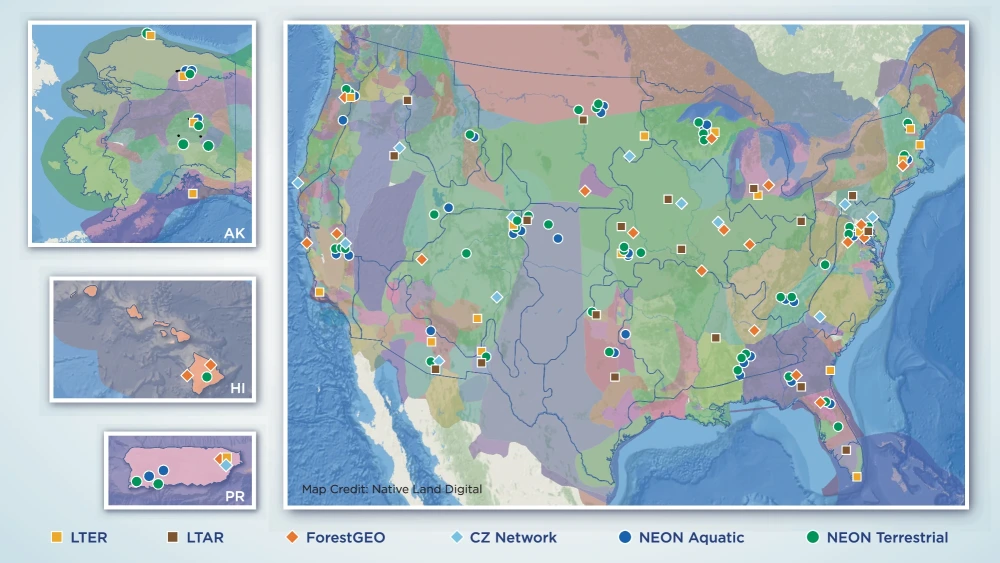
Governance of Indigenous data in open earth systems science
In the age of big data and open science, what processes are needed to follow open science protocols while upholding Indigenous Peoples’ rights? The Earth Data Relations Working Group (EDRWG), convened to address this question and envision a research landscape that acknowledges the legacy of…
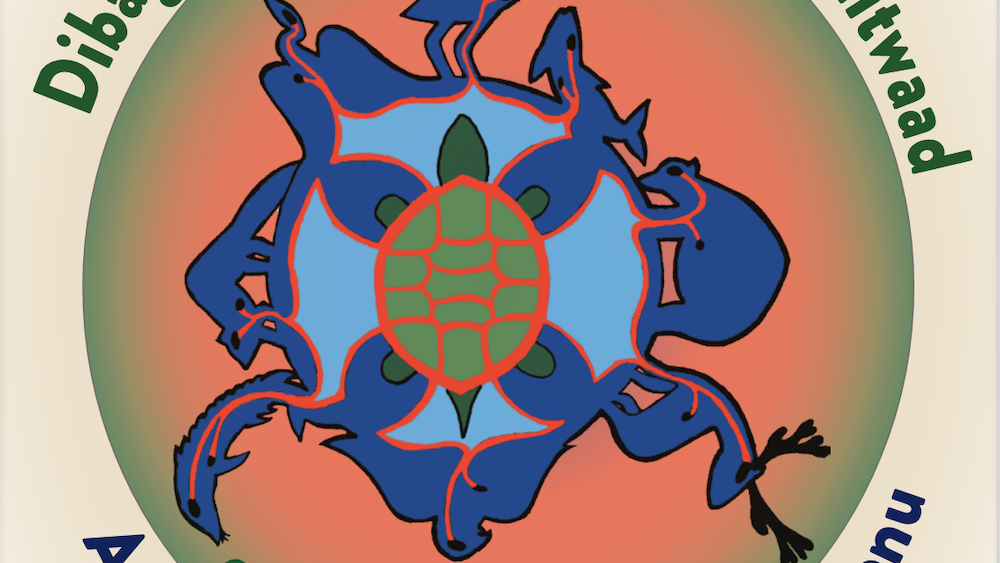
Tribal Climate Adaptation Menu
Climate change has impacted and will continue to impact indigenous peoples, their lifeways and culture, and the natural world upon which they rely, in unpredictable and potentially devastating ways. Many climate adaptation planning tools fail to address the unique needs, values and cultures of…
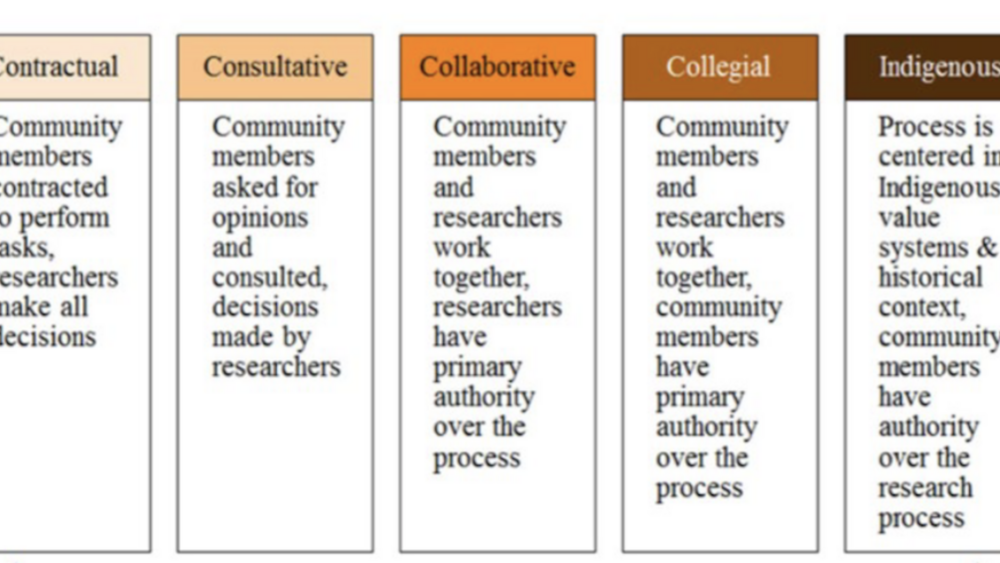
Relationships First and Always: A Guide to Collaborations with Indigenous Communities
Here in the U.S., we are in the midst of a great national reckoning. We have an extraordinary opportunity to acknowledge our roles in structural racism, reexamine biases, and engage in co-creating initiatives that honor the lives and livelihoods of Black, Indigenous, and People of Color. Every…
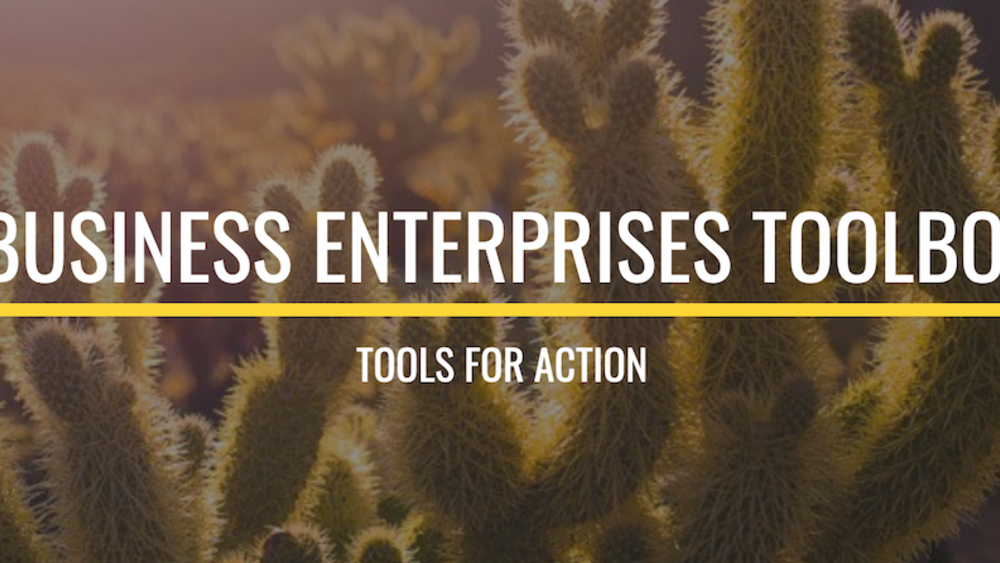
Business Enterprises Toolbox
What do successful businesses and economic development look like in a Native nation? Find out with case studies and research reports on successful and awarded efforts from around the world. Understand how to build and implement business codes, launch your own Limited Liability Company (LLC) and a…
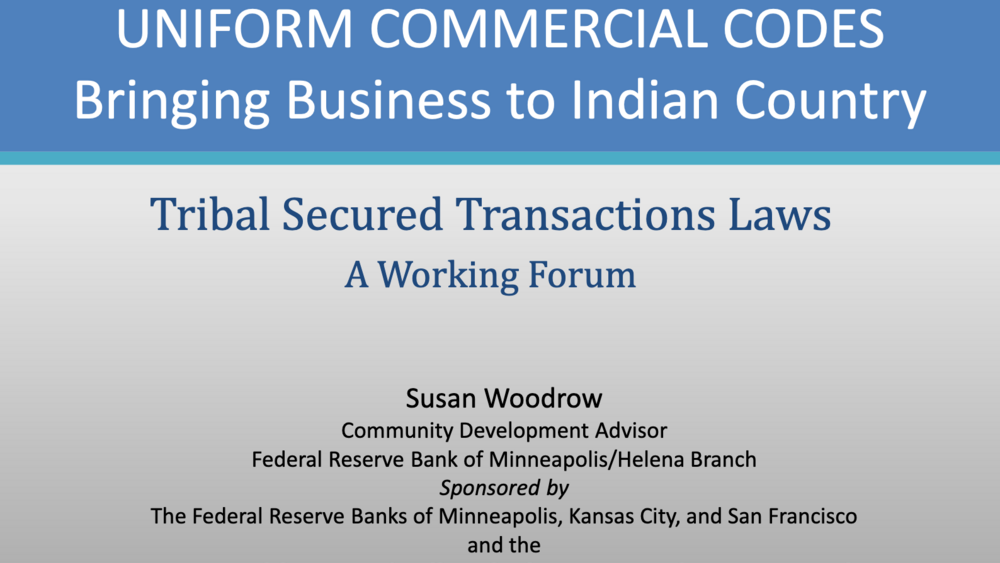
Uniform Commercial Codes: Bringing Business to Indian Country. Tribal Secured Transactions Laws: A Working Forum
During "Uniform Commercial Codes: Bringing Business to Indian Country", a conference on January 15, 2013, sponsored by The Federal Reserve Banks of Minneapolis, Kansas City, and San Francisco and the U.S. Department of the Interior’s Office of Indian Energy and Economic Development, Susan Woodrow…
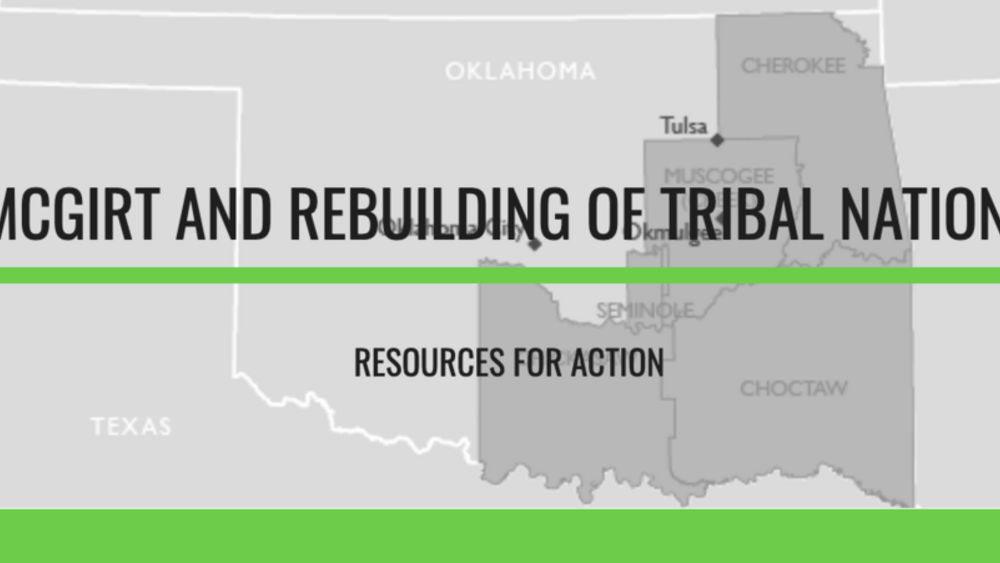
McGirt and Rebuilding Tribal Nations Toolbox
The McGirt decision has changed the legal landscape and created new opportunities for tribal nations starting with the Five Tribes in Eastern Oklahoma and potentially for tribal nations across Indian Country. It also has been the source of confusion, hyperbole, and alarm among some commentators.…
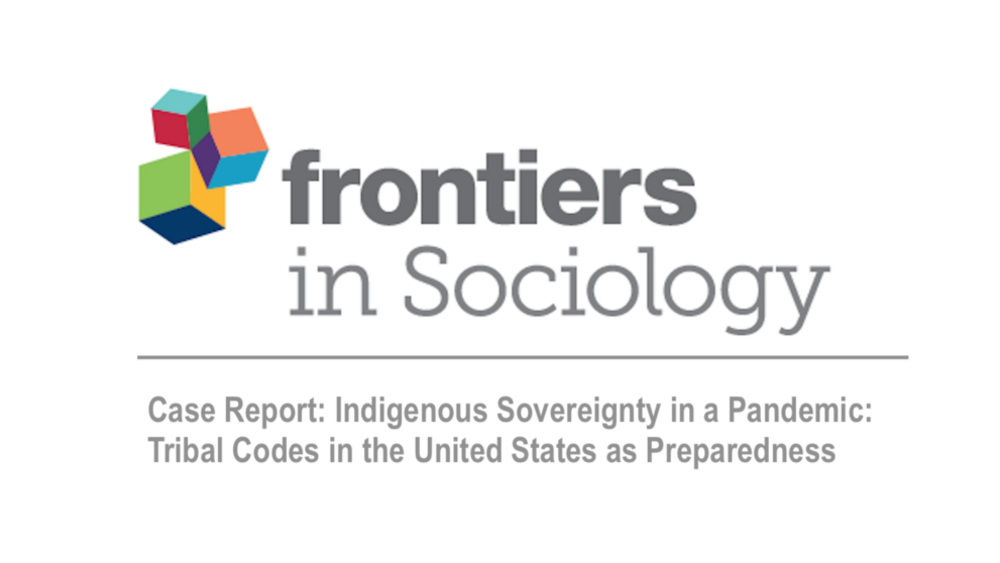
Case Report: Indigenous Sovereignty in a Pandemic: Tribal Codes in the United States as Preparedness
Indigenous Peoples globally and in the United States have combatted and continue to face disease, genocide, and erasure, often the systemic result of settler colonial policies that seek to eradicate Indigenous communities. Many Native nations in the United States have asserted their inherent…

Mortgage Lending on South Dakota’s Indian Trust Land: Findings from a Survey of Lenders
Since its formation in 2013, the South Dakota Native Homeownership Coalition (SDNHOC or “the Coalition”) has brought together a diverse group of more than 75 tribal, state, federal, nonprofit, and private sector stakeholders to identify barriers, share innovative solutions, and leverage resources…
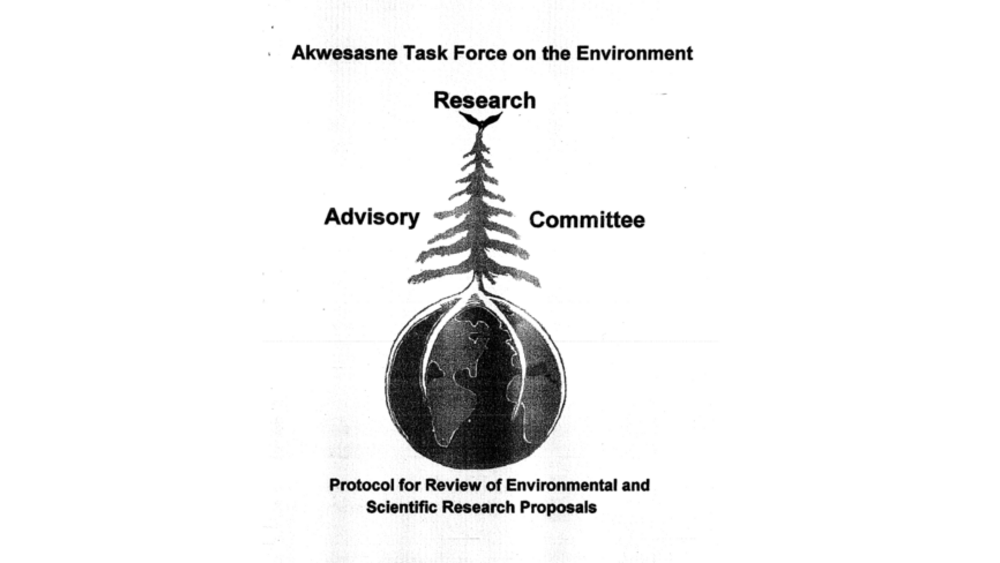
Protocol for Review of Environmental and Scientific Research Proposals
The principles of skennen, kariwiio and kasastensera serve as the foundation and guiding force for the Akwesasne Task Force on the Environment (ATFE). Since the beginning of time, our Creator has told our people to strive for peace and as individuals, communities and Nations, we must constantly…

GIDA-RDA COVID-19 Guidelines for Data Sharing Respecting Indigenous Data Sovereignty
Indigenous Peoples around the globe have diverse narratives of resilience and adaptability; however, they are also acutely impacted by the negative social, economic, environmental and health outcomes of COVID-19 (UN Special Rapporteur on the rights of Indigenous Peoples, 2020). As such, it is vital…
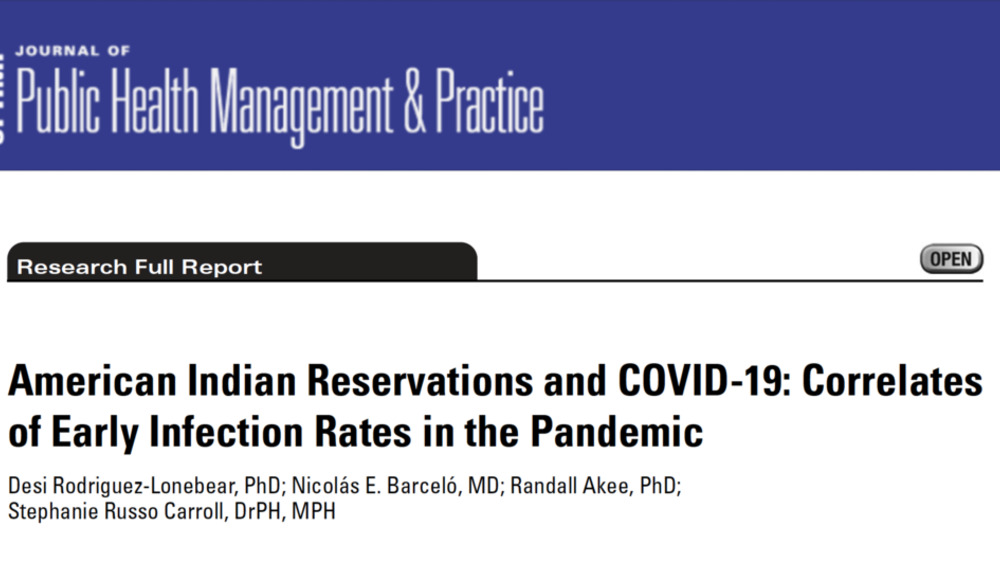
American Indian Reservations and COVID-19 Correlates of Early Infection Rates in the Pandemic
Objective: To determine the household and community characteristics most closely associated with variation in COVID-19 incidence on American Indian reservations in the lower 48 states. Design: Multivariate analysis with population weights. Setting: Two hundred eighty-seven American Indian…
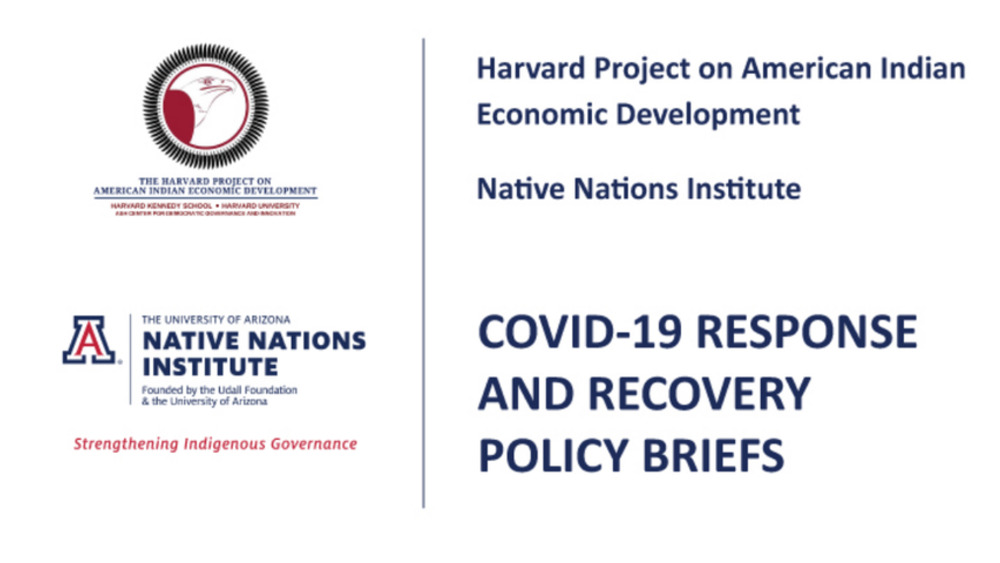
Policy Brief: Proposal for a Fair and Feasible Formula for the Allocation of CARES Act COVID‐19 Relief Funds to American Indian and Alaska Native Tribal Governments
Title V of the CARES Act requires that the Act’s funds earmarked for tribal governments be released immediately and that they be used for actions taken to respond to the COVID‐19 pandemic. These may include costs incurred by tribal governments to respond directly to the crisis, such as medical or…
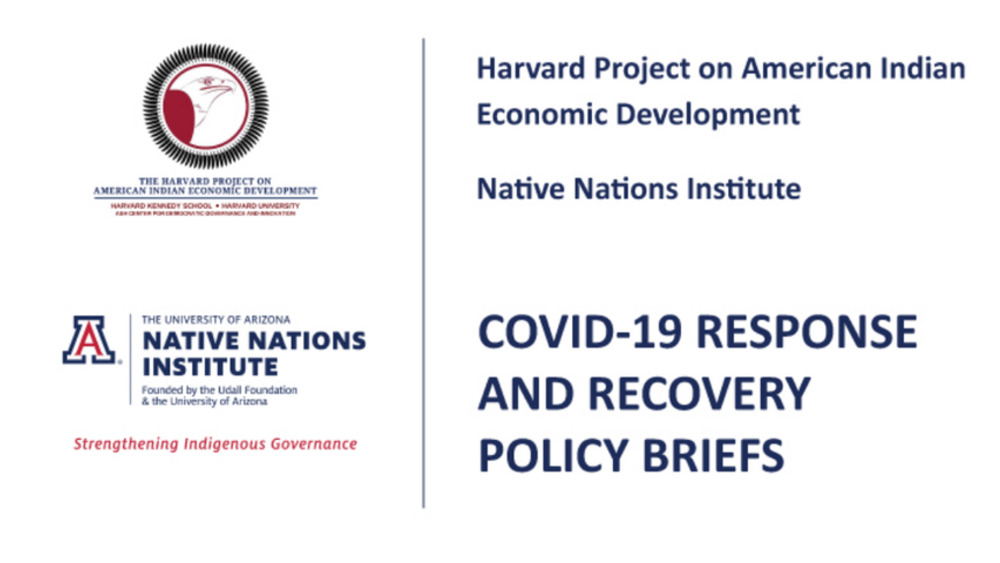
Policy Brief: Dissecting the US Treasury Department’s Round 1 Allocations of CARES Act COVID‐19 Relief Funding for Tribal Governments
In a joint statement, Treasury Secretary Mnuchin and Interior Secretary Bernhardt detailed the amount of CARES Act Title V funds that would be released for federally recognized American Indian tribes starting on May 5, 2010. They noted that the US Treasury Department would “distribute 60 percent of…
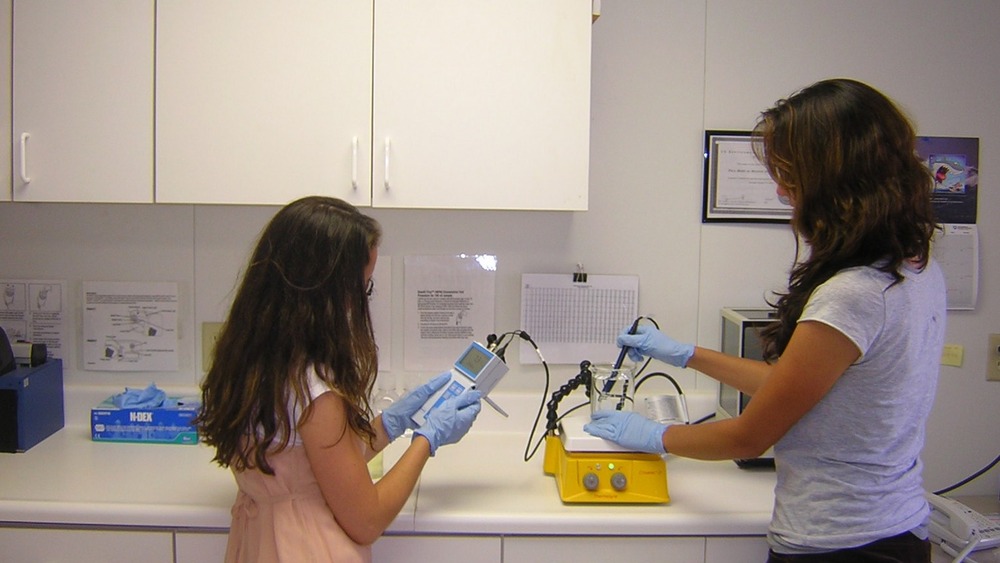
Data Sources to Assess Tribal Climate and Health Impacts
One of the most time consuming and difficult aspects of conducting climate change and health vulnerability assessments is finding data to assess. Before tracking down data, you’ll first need to identify the most meaningful and measurable indicators to help you determine the severity and likelihood…
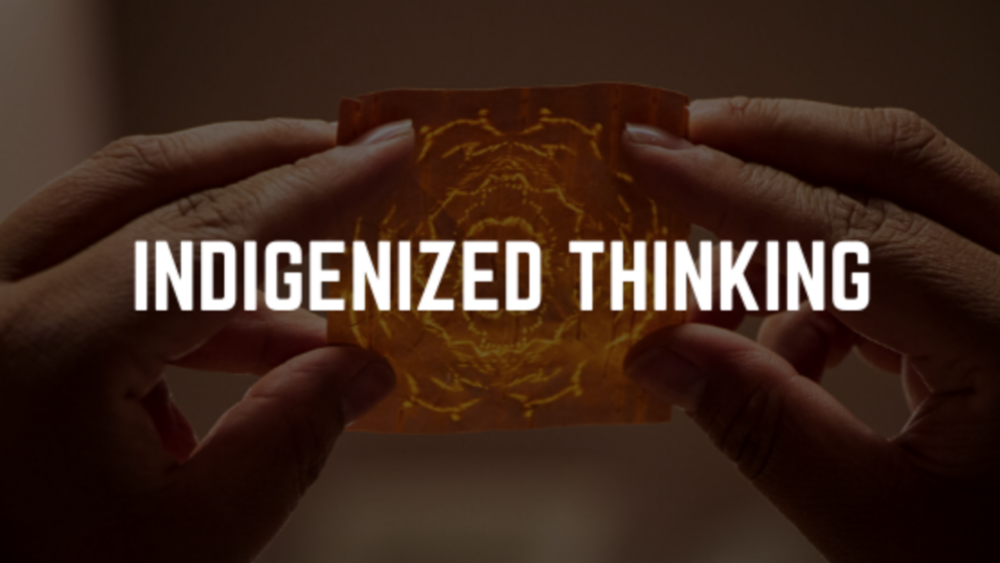
Indigenized Communication During COVID-19
During times of crisis, the messages we send to our stakeholders matter more than ever. Tribal governments and Native organizations are on the frontlines of the COVID-19 pandemic and are making important decisions to protect the health and safety of their people. As Indigenous people, we…
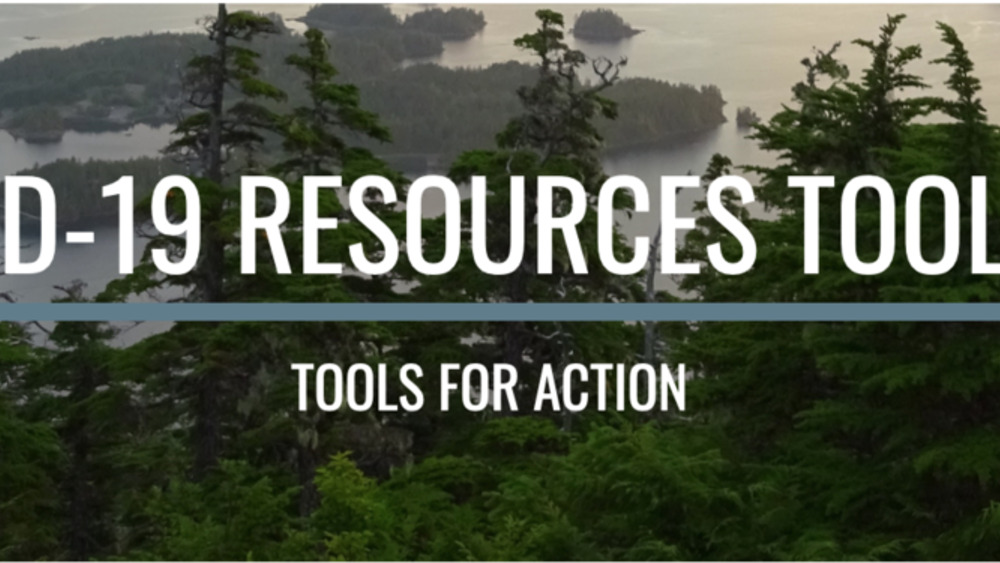
Harvard Project: COVID-19 Resources for Indian Country Toolbox
As the country responds to the coronavirus (COVID-19) pandemic, the task before tribal nations is complicated by many unknowns. The Harvard Project recognizes the challenges you're up against and we want to help. We are not experts in the health consequences of the pandemic, but we are monitoring…

Policy Brief: Indigenous Data Sovereignty in Arizona: Setting an Agenda
Indigenous data sovereignty asserts the rights of Native nations and Indigenous Peoples to govern the collection, ownership, and application of their own data. Indigenous data sovereignty derives from tribes’ inherent right to govern their peoples, lands, and resources. In the United States and…
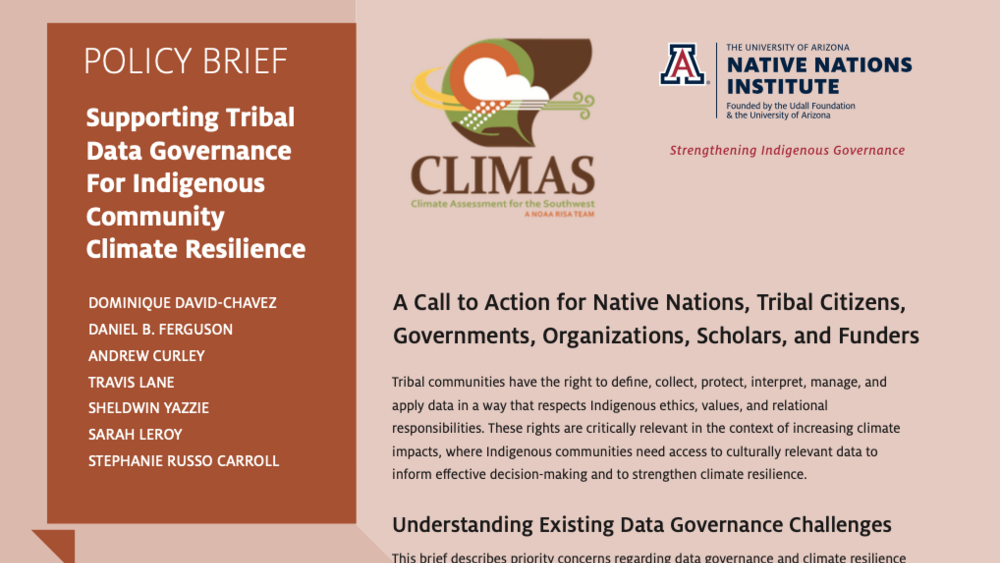
Policy Brief: Supporting Tribal Data Governance for Indigenous Community Climate Resilience
Tribal communities have the right to de fine, collect, protect, interpret, manage, and apply data in a way that respects Indigenous ethics, values, and relational responsibilities. These rights are critically relevant in the context of increasing climate impacts, where Indigenous communities need…
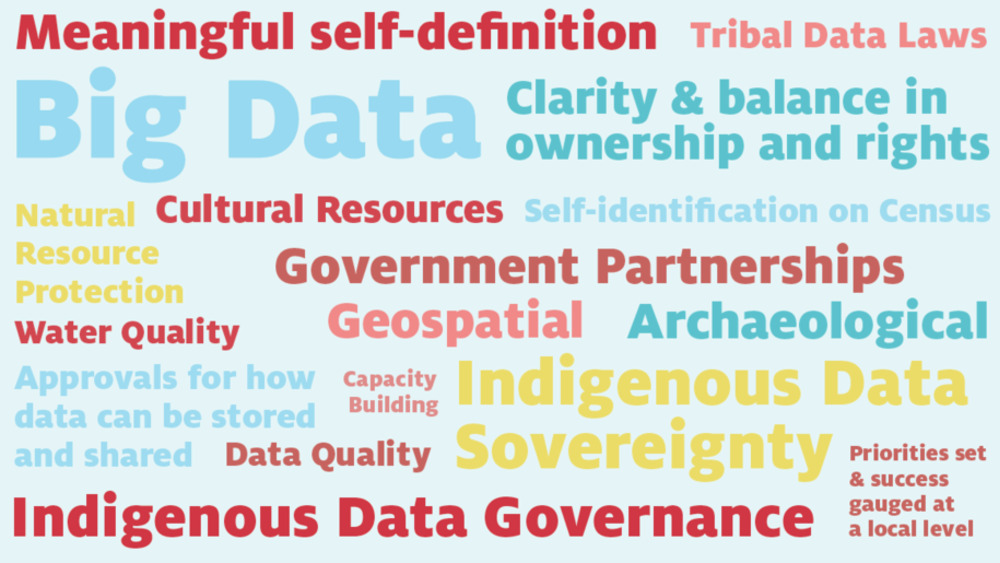
Principles of Indigenous Data Governance
Indigenous data, whether collected by national governments and institutions or gathered by Indigenous Peoples themselves, are integral for: decision-making; the exercise of collective rights to self-determination; the affirmation and application of Indigenous epistemologies; and fulfilling…
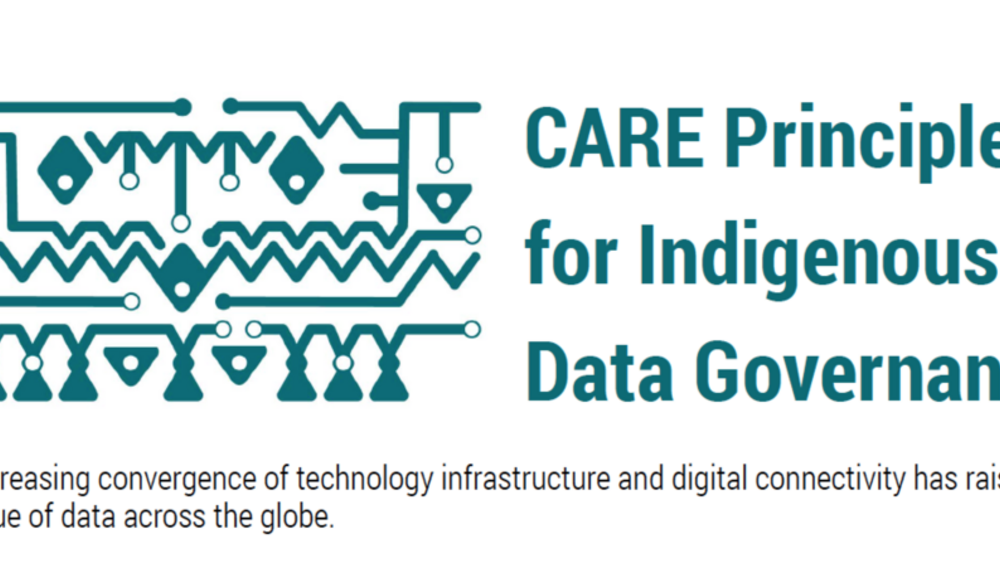
CARE Principles for Indigenous Data Governance
Los Principios CREA para la Gobernanza de Datos Indigenas The increasing convergence of technology infrastructure and digital connectivity has raised the value of data across the globe. Whether existing knowledge is digitised or new data are ‘born digital’, the impact they have on decision-making…
